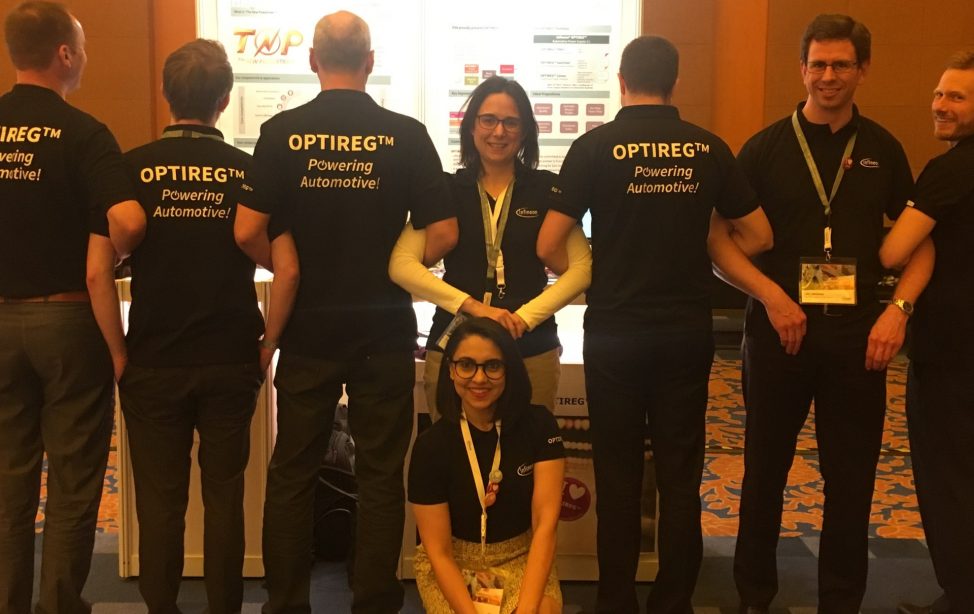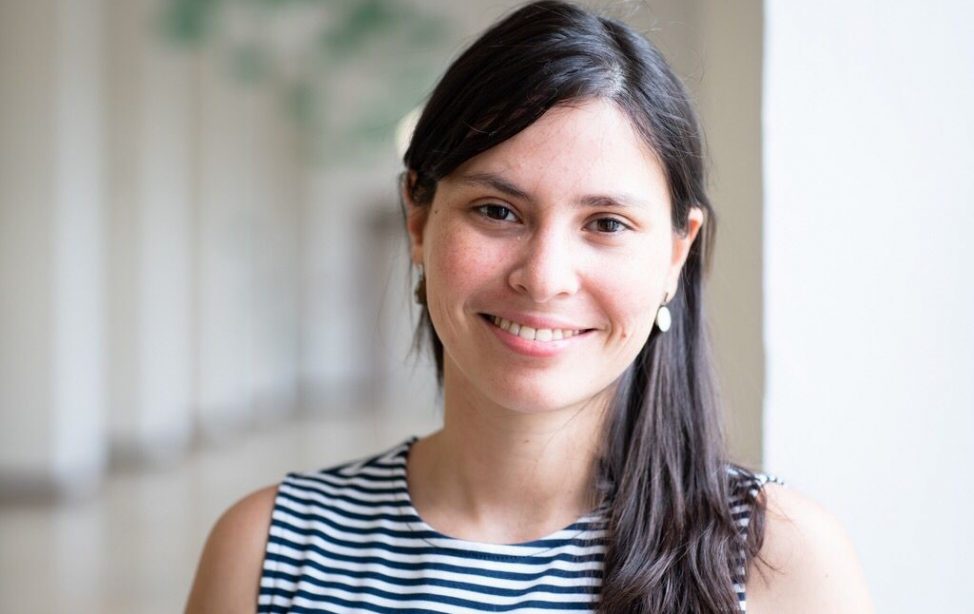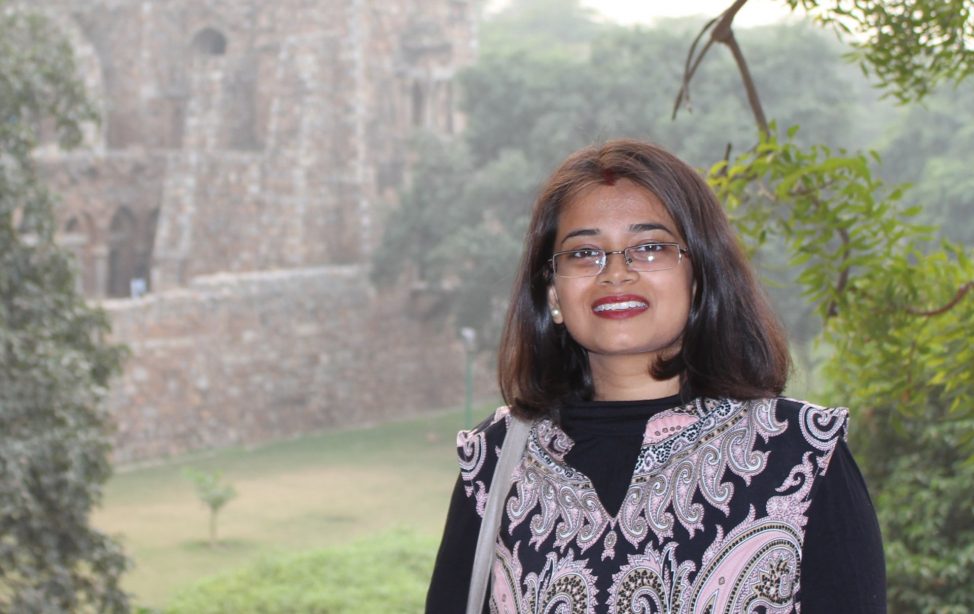
TUM student Franziska Weißörtel won the renowned Google Impact Challenge Award Germany together with her fellow student Monja Müller in June 2018 for her Toranam Project in India (Image: Private).
She does her job parallel to her Master’s degree in Environmental Planning and Engineering Ecology. She would like to finish her studies “this year”, Franziska Weißörtel explains on the phone, in the middle of the stress of moving house – once again on a through journey.
“Don’t wait, get active yourself” is her motto
At the same time, she will continue to invest in an infinite number of voluntary hours in several sustainability projects that she has initiated in recent years in Cameroon and India with her fellow student Monja Müller as well as many NGOs such as “Technology Without Borders” or the “Better Family Foundation”.
“Toranam” means something like “trees of life” in the local language. “From an environmental point of view, there is of course a lot to be done in India. This not only has to do with the high population and rapid industrialization of the country, which has led to really extremely bad air, but also to the clear difference between rich and poor, which is so apparent in India,” Weißörtel says.
Active and at home all over the world
And this is exactly where the “Toranam” project comes in. In the spirit of sustainable development through agricultural forestry, environmental education and green energy, Franziska Weißörtel wants to provide concrete help to participating small farmers whose livelihoods are threatened by climatic and socio-economic processes. Together with Monja Müller and an Indian NGO, she has set up a demonstration farm for ecological agricultural forestry in the southern province of Andhra Pradesh. Together with an affiliated educational and business center, the farms should be able to become independent within two years and achieve fair prices with their organically produced products.
Stay in Cameroon left its mark
Prior to this, the graduate geographer had already been involved in her first project of the heart in the northwest of Cameroon for three months in 2013. “In Fundong, I held seminars on water management. At the same time, we built new water pipes, which were also urgently needed,” Franziska Weißörtel explains, speaking as an environmental expert.
Despite the misery there and many general problems, there was a wonderful atmosphere on site: “In Cameroon people are incredibly hospitable. For example, an eleven-year-old girl picked me up every day from the office to eat at her home because her mom cooked especially for us,” she remembers.
Anyone can actively begin with environmental protection.
“There is still a great deal to do, which is also the case with our Indian project,” the Irish resident of choice warns, but overall many things have already improved significantly in both countries, which continues to give her a great deal of courage. It will take some time until everything flows together smoothly, but at least a sustainable start has been made. Franziska Weißörtel is convinced that anyone can actively begin with environmental protection: “And at any time!”

Franziska Weißörtel (Image: Private).
Master’s in Environmental Planning and Engineering Ecology
Franziska Weißörtel was born in Ingolstadt in 1989, the daughter of two geologists. She gained her school qualification (Abitur) there in 2010. Following that, she began a Bachelor’s degree in Geography at Eichstätt Catholic University, completing it with a documentary film as her Bachelor’s thesis in July 2015 (subject: “The pathway of water through karst”).
In the winter semester of the same year, she changed to TUM’s department of Environmental Planning and Engineering Ecology to do her Master’s. The student, who does a variety of voluntary work (for example, with Technology without Borders or the Ingolstadt Asylum Network) already spent several months on various environmental projects in Cameroon and India during her studies.
In 2018 she received the Google Impact Challenge Germany Award for her Toranam project. With her prize money of 20,000 euros, she is currently planning a solar plant there.
She commutes regularly between Munich and Ireland, where she has also been working as a carbon and energy analyst since November 2017.


